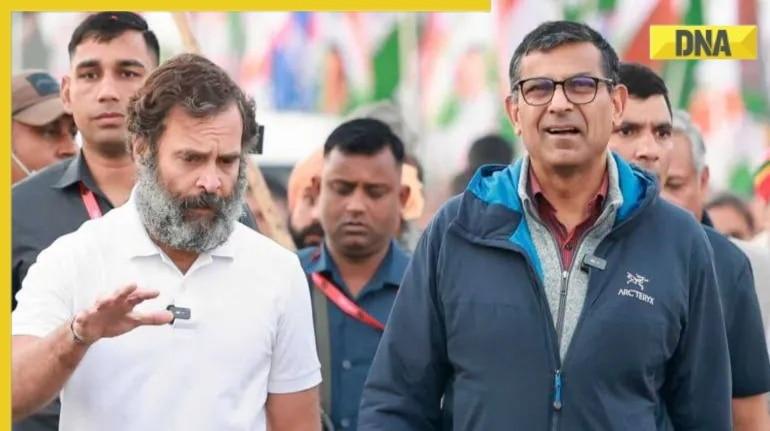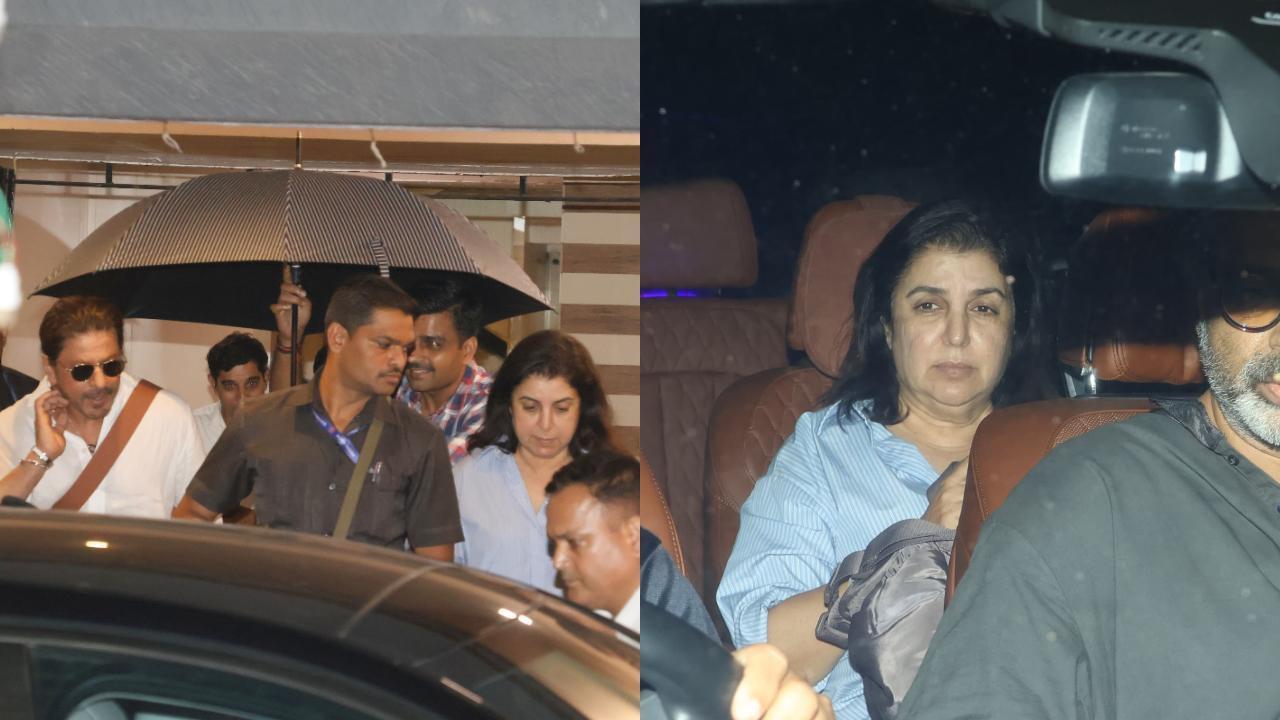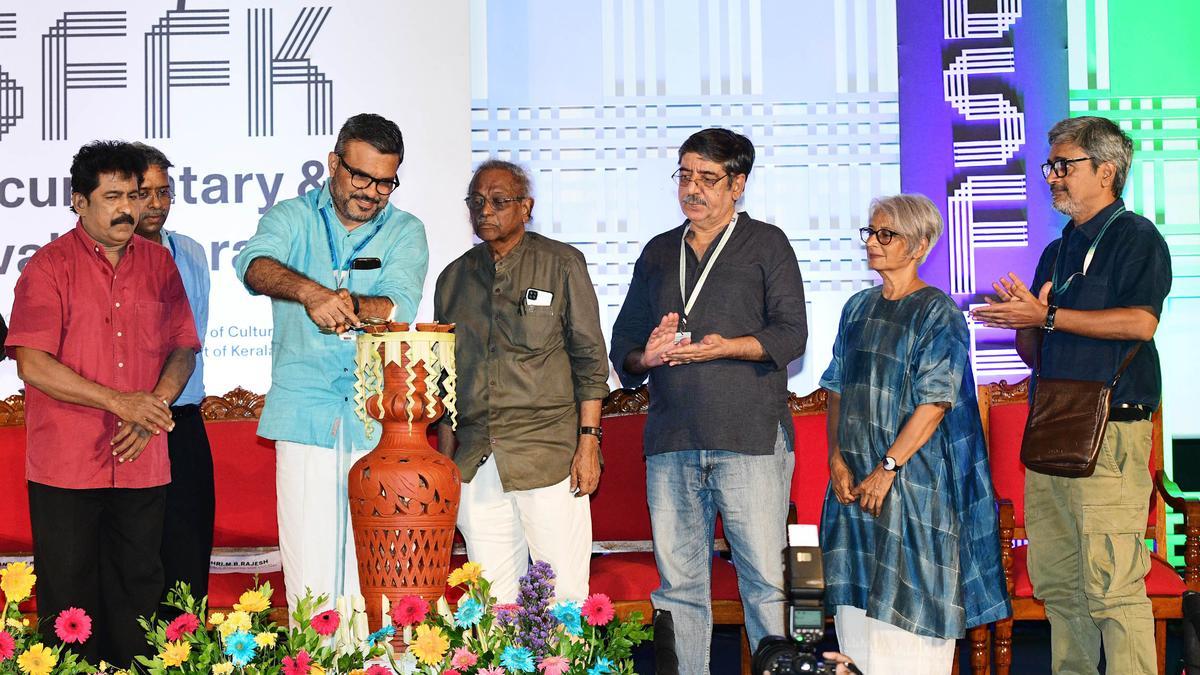
In a recent development that caught the attention of many, former Reserve Bank of India (RBI) Governor Raghuram Rajan dismissed ongoing rumors about his potential entry into Indian politics. Speaking candidly in an interview, Rajan made it clear that his family is a significant factor in his decision to stay away from the tumultuous world of politics.
Rajan emphasized, “I have said repeatedly and people still don’t believe me. I am an academic, my business is not kissing babies. I have a family and a wife, who doesn’t want me to enter politics for a good reason. So rather than enter politics what I would like to do is help guide where I can.” These words offer a direct insight into Rajan’s personal life and his dedication to his academic pursuits and family responsibilities. This revelation provides a nuanced understanding of the man who has been at the helm of India’s financial policies during a critical period.
The former RBI Governor also tackled the speculation head-on, stating, “And that’s what I try and do. So where I feel government policies are going off track regardless of whether I’m government or not – I talk about it.” Rajan’s unwavering commitment to offering his expertise and guidance, irrespective of his position within the government, highlights his dedication to the country’s progress. His reluctance to join a political party like the Congress is not out of disinterest but seems to stem from a belief that he can contribute more effectively from outside the political sphere.
In the same conversation, Rajan voiced his thoughts on Rahul Gandhi, stating, “I think that’s such a wrong portrayal in the sense that you know he’s smart, intelligent, and also brave. I think what people discount – which they should not – is this is a family which has seen the grandmother assassinated, the father blown up.” His comments shed light on the harsh realities that have shaped Gandhi’s life, which adds more depth to his public persona. The acknowledgment of the personal sacrifices and experiences faced by Gandhi’s family suggests Rajan’s deep empathy and understanding of the complexities of public life in India.
.
Expanding on this, Rajan added, “To engage in politics, to be in the midst of crowds – if I had that experience I’d be hiding in a bed all the time. So I think there are a lot of attributes that are commendable, and if you look at his record of what he’s been saying on events. I think he’s been right during Covid…(when he said) we need to do more preparation, we need to act early. It was the Congress calling off rallies which eventually led to the stopping politicking during the second wave,” he said. These remarks underscore Rajan’s recognition of Gandhi’s proactive approach during critical times like the COVID-19 pandemic, an attribute that he believes is often overlooked by the public and media.
Rajan didn’t stop there; he further stated that although Gandhi may not have all the answers or solutions, “he is a very reasonable leader contrary to what has been portrayed. He has strong convictions, you have to debate those convictions if you disagree with them but he’s perfectly willing to engage in that debate.” This powerful endorsement from Rajan introduces a different perspective on Gandhi’s leadership qualities, encouraging a more balanced and reasoned view of him.
Raghuram Rajan’s comments invite the public to reconsider their preconceived notions and biases about political figures and to value the willingness for debate and discussion in leadership. His remarks signify that while he may not step into the political arena himself, his role as a commentator and guide remains vital in shaping informed public discourse.
In sum, Raghuram Rajan’s eloquent extrapolations reveal not only his own stance on political participation but also offer a glimpse into his views on the current political landscape and its leaders. His statements convey a strong message about the need for academic and policy experts to remain engaged through advice and critique, rather than direct political involvement. This approach, he believes, allows for impactful intervention without the constraints or biases that political affiliations might bring.










